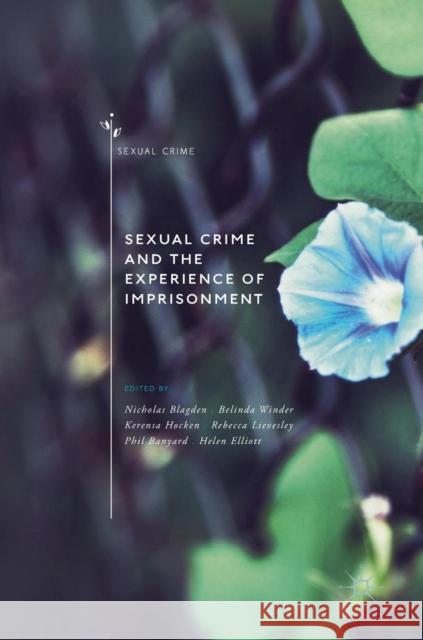Sexual Crime and the Experience of Imprisonment » książka
topmenu
Sexual Crime and the Experience of Imprisonment
ISBN-13: 9783030049294 / Angielski / Twarda / 2019 / 222 str.
Kategorie:
Kategorie BISAC:
Wydawca:
Palgrave MacMillan
Seria wydawnicza:
Język:
Angielski
ISBN-13:
9783030049294
Rok wydania:
2019
Wydanie:
2019
Ilość stron:
222
Waga:
0.44 kg
Wymiary:
21.01 x 14.81 x 1.42
Oprawa:
Twarda
Wolumenów:
01
Dodatkowe informacje:
Wydanie ilustrowane











